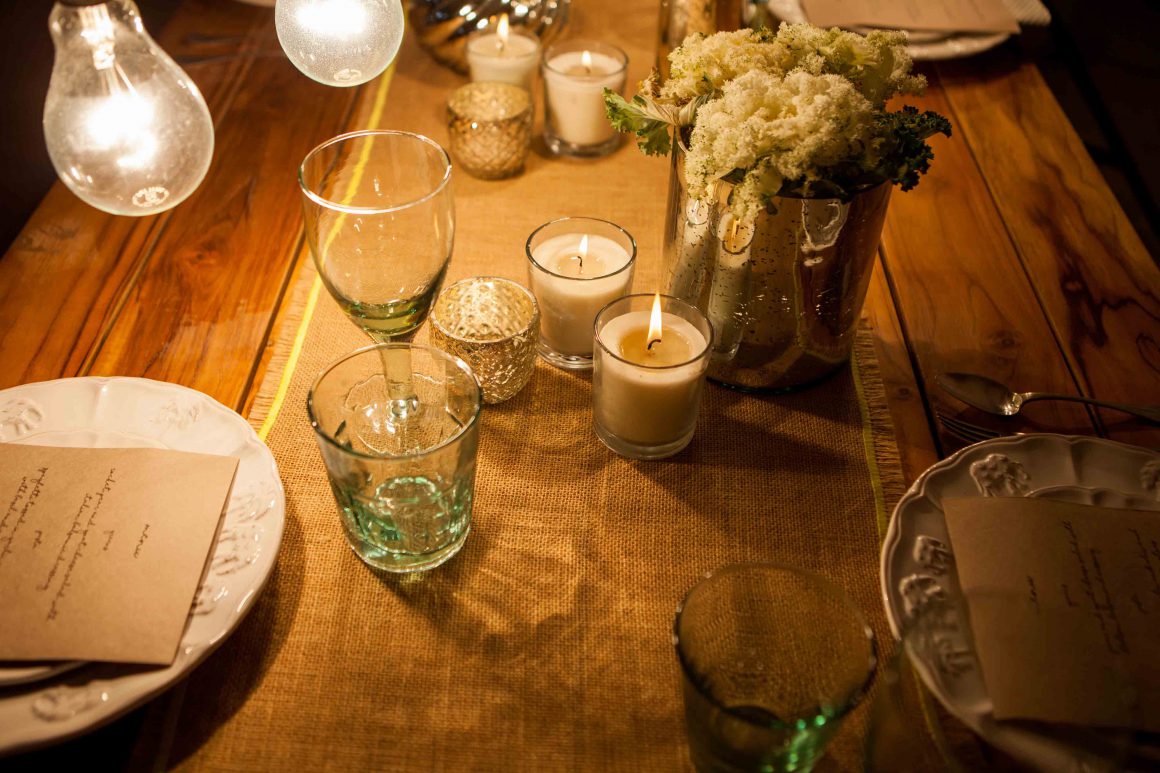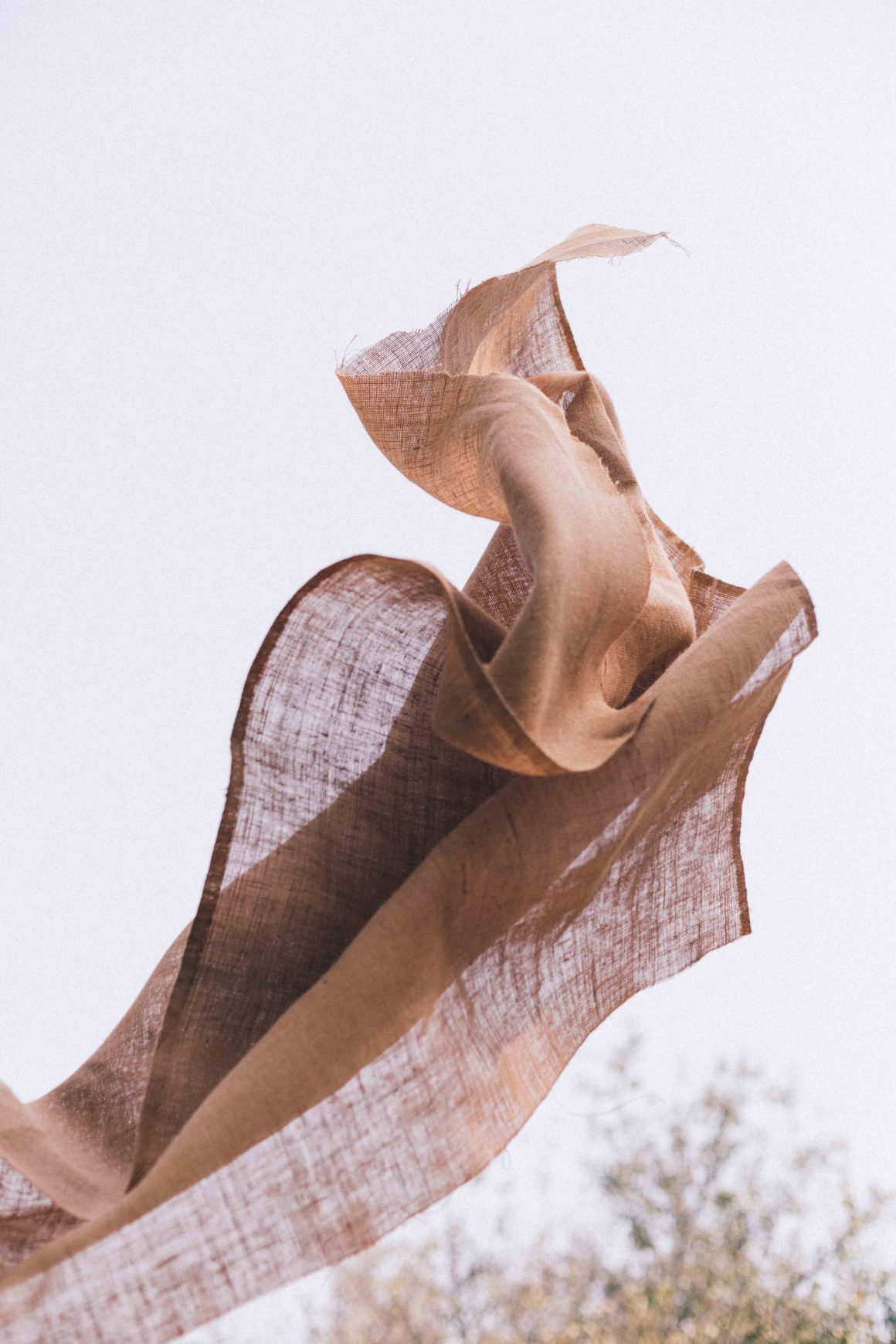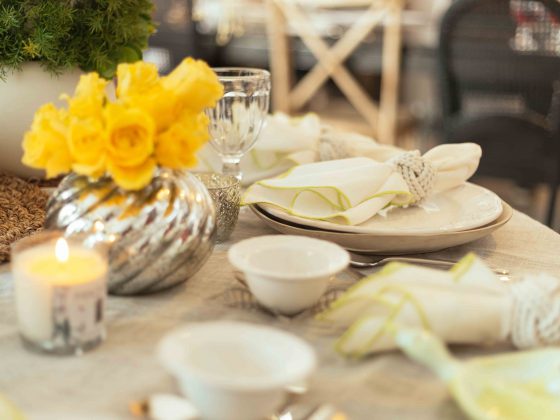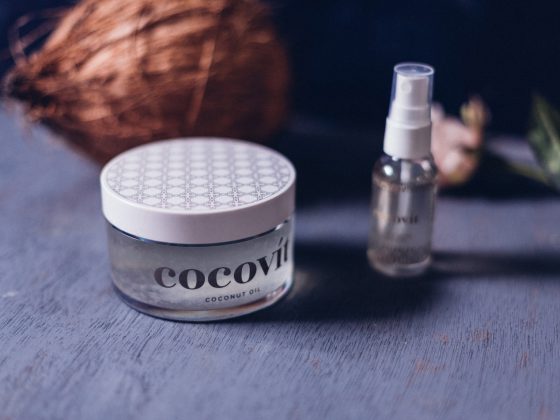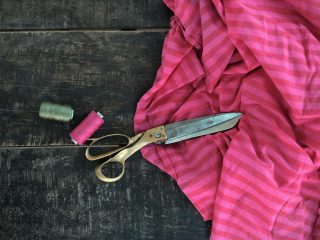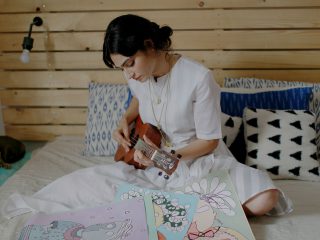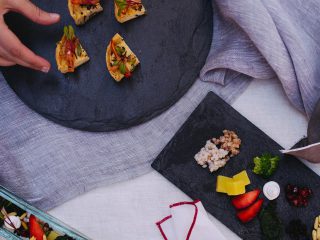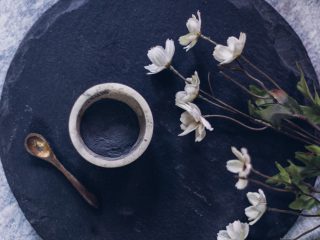The word ‘jute’ comes from juta, or jhoot, said to originate in Orissa. Though categorized with fabrics, jute is fibre — long, soft, durable, and suited to all weathers, making it perfect for rugs and table runners. Because jute is not a fabric, but a fibre, it is stronger. Jute is flexible, easy to craft into different shapes, and durable. Jute has been around for centuries, used by rural and urban alike. It’s strength and resilience make it suited to every part of the country. At Nicobar, we have selected our jute carefully. Length, flexibility, and lustre of fibre has all been taken into account, and we’ve got some invaluable tips on how to care for jute.
If stained, it is advised not to steam clean or wet shampoo your jute. Plant fibres are absorbent, so the product is prone to shrinking and puckering. It is recommended to use a dry extraction system. Vacuum cleaners are ideal, and regular cleaning of your rug is essential for care. In case of solid spills on jute, clean with a knife, or shake off with a brush. Do not try and clean with a wet cloth. In case of liquid spills, blotting is recommended over brushing. Blotting will help you get layers of the liquid off the rug, after which you can extract or lightly brush off the rest. Use dry powder to clean, and a hairdryer to remove any remaining moisture from your jute. Another thing to remember about jute is that it holds on to odour very strongly. Remember to air your product if exposed to a pungent or bad smelling liquid. This is as important as cleaning the surface. Jute’s resilience comes with some care, but with it’s resilience and beautiful, rustic appearance, it is no surprise it has long been the country’s favorite fibre.

